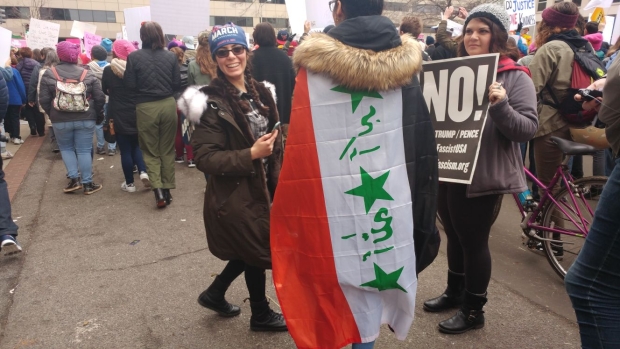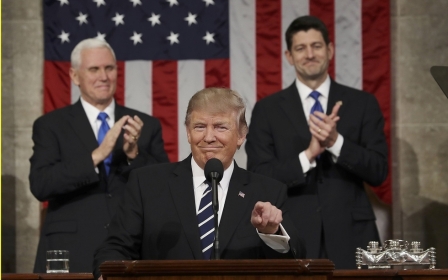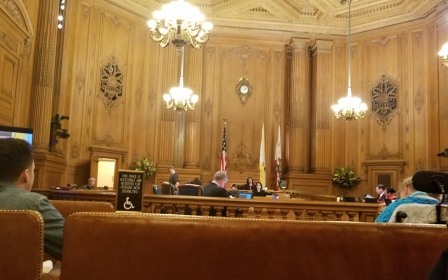Donald Trump's new travel ban will not include Iraq: Sources
President Donald Trump’s new immigration order will exclude Iraq from the list of countries whose citizens were banned from entering the United States in the first controversial decree, the Associated Press reported, citing four administration officials.
Two sources also told Reuters news agency they are “confident” that Iraq will not be a part of the new ban.
The 27 January executive order, which some call the “Muslim ban,” included seven Muslim-majority nations - Iraq, Iran, Libya, Somalia, Sudan, Syria and Yemen. It first barred everyone from those countries, including permanent residents and visa holders. The presidential action caused chaos at airports and protests across the country.
It was challenged by several lawsuits. A US judge suspended the measure. After the Ninth Circuit court upheld the suspension, the Trump administration opted not to take the legal battle to the Supreme Court but to issue an amended ban.
Defence Secretary Jim Mattis, national security adviser HR McMaster, Secretary of State Rex Tillerson and Homeland Security chief John Kelly all made the case to Trump to remove Iraq because of ongoing US military and civilian operations in the country, according to three US officials who said the Cabinet members made the case separately at recent meetings.
The new order will also change other elements in the January decree, according to AP. It will not dictate favouring religious minorities for refugee admission and it won't indefinitely bar Syrian refugees - provisions that were in the original document.
The section that prioritised religious minorities helped the state of Washington's legal argument in getting the order suspended.
Trump is expected to issue the new travel ban in the coming days.
When asked whether Iraq would be left out of the revised order, the White House said it did not have any announcements on the executive order right now.
A White House official said the order was likely to come on Monday.
There are currently 5,200 American troops deployed in Iraq to assist Iraqi and Kurdish forces in retaking Mosul - the last major city in Iraq under the control of Islamic State militants.
Iraqis have fought alongside US troops for years and have worked as translators. Many Iraqis have resettled in the United States following threats over their affiliation with US troops.
"We cannot claim we are an ally of Iraq and at the same time say all Iraqis are our enemies," said one official, who spoke to Reuters on condition of anonymity. "Lumping Iraq together with Iran and Syria, especially in a blanket fashion, only makes a hard job harder."
The United States also relies on Iraq to provide visas for a substantial contracting force that supports the US military presence.
Iraqi Prime Minister Haider al-Abadi asked Trump to lift the ban on people from his country during their first phone call on 10 February, resisting calls from influential pro-Iranian politicians to retaliate against the ban.
A leaked report by Department of Homeland Security analysts revealed last week that citizens of the seven countries barred by the ban do not pose a special security risk, contrary to Trump officials’ claims.
“Country of citizenship is unlikely to be a reliable indicator of potential terrorist activity,” the report said.
Middle East Eye propose une couverture et une analyse indépendantes et incomparables du Moyen-Orient, de l’Afrique du Nord et d’autres régions du monde. Pour en savoir plus sur la reprise de ce contenu et les frais qui s’appliquent, veuillez remplir ce formulaire [en anglais]. Pour en savoir plus sur MEE, cliquez ici [en anglais].





